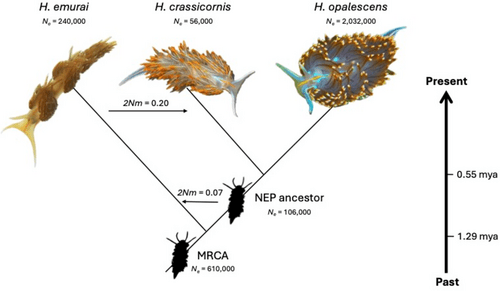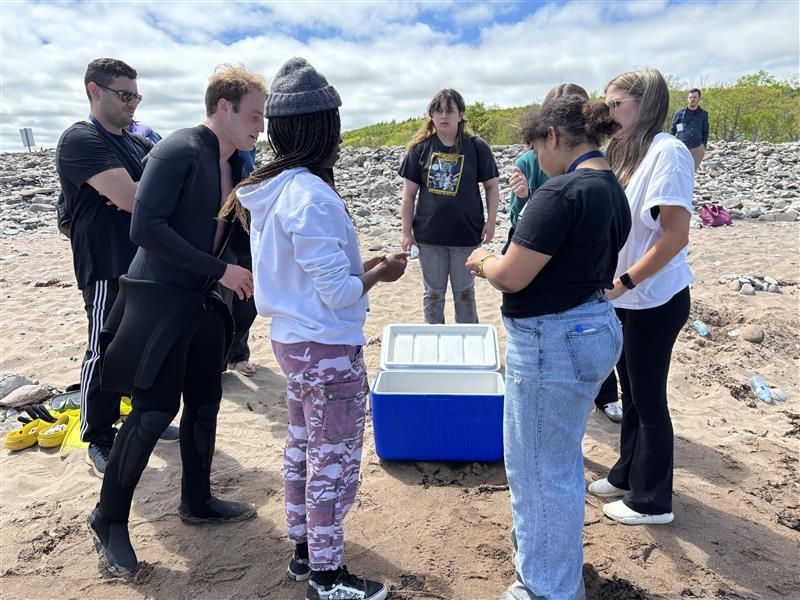Post-doctoral Position #1: Foraging behaviour of American Lobster and development of alternative baits for the fishery
This project aims to better understand foraging responses of the American lobster to both natural prey and baits used in the lobster fishery. The lobster fishery has been thriving, but it crucially depends on the bait placed in traps. The sustainability of the bait supplies for the fishery are thus a critical issue for long-term sustainability of the lobster fishery as whole. We have developed a system that uses Baited Remote Underwater Video to document lobster responses to both natural prey items and bait, without the complicating factor of traps. There are three possible next steps for this research:
- collaboration with alternative bait developers to provide scientific testing of bait performance, using a a combination of BRUV and trap tests
- lobster behavioural ecology using retrospective analysis of previously collected BRUV data (~10,000 hours!), facilitated by our development of a comprehensive ethogram for American Lobster
- development of AI-based lobster detection and tracking in BRUV data
All three projects are related, but require very different types of experience: marine field work and boats and fisheries, ethological and video analysis, and image segmentation and AI tools. Experience collaborating with the fishing industry would be beneficial for all three projects. The focus of the two or three-year post-doc will depend on expertise and funding.
Note: All three projects are pending funding approval. Time lines are short for one of the funding options, so applications will begin being considered immediately.
Interested candidates should have (or be about to receive) a PhD degree, with expertise in at least one of the project areas. To apply, send an email to Russell Wyeth with a cover letter explaining your interest and relevant experience. Please also indicate your nationality. Also include transcripts (unofficial are fine initially), a CV, and contact information for 3 references.
Post-doctoral Position #2: AI-based quantification of biofouling community growth and diversity
A key problem for many analyses of marine macrofouling is the laborious measurement of images or video. Whether tracking invasive species, testing prototype antifouling coatings, or monitoring growth on aquaculture equipment, there is frequently a need to quantify the heterogenous community of organisms that grow on submerged surfaces. This project aims to develop an AI-based solution to the biofouling analysis problem. The proliferation of publicly available AI models presents an opportunity to streamline the assessment and analysis of biofouling image data. In particular, our goal is to automate the extraction of both the identity (i.e., species) and amount (counts and coverage) of biofouling. A range of machine-learning tools have been developed for biological image analysis in general as well as specific tools for analysis of biofouling images or video. However, none has yet achieved widespread adoption. Importantly, though, none have yet been built around modern multimodal AI models that have undergone massive development over the last few years. This three-year post-doc will focus on using multimodal AI models to develop easily shared and implemented workflows for analysis of marine macrofouling.
Note: The project is pending funding approval. Time lines are short for one of the funding options, so applications will begin being considered immediately.
Interested candidates should have (or be about to receive) a PhD degree, with expertise in AI-based image analysis and segmentation. Experience with marine biofouling is a not a requirement, although would be an asset alongside image analysis experience. To apply, send an email to Russell Wyeth with a cover letter explaining your interest and relevant experience. Please also indicate your nationality. Also include transcripts (unofficial are fine initially), a CV, and contact information for 3 references.












